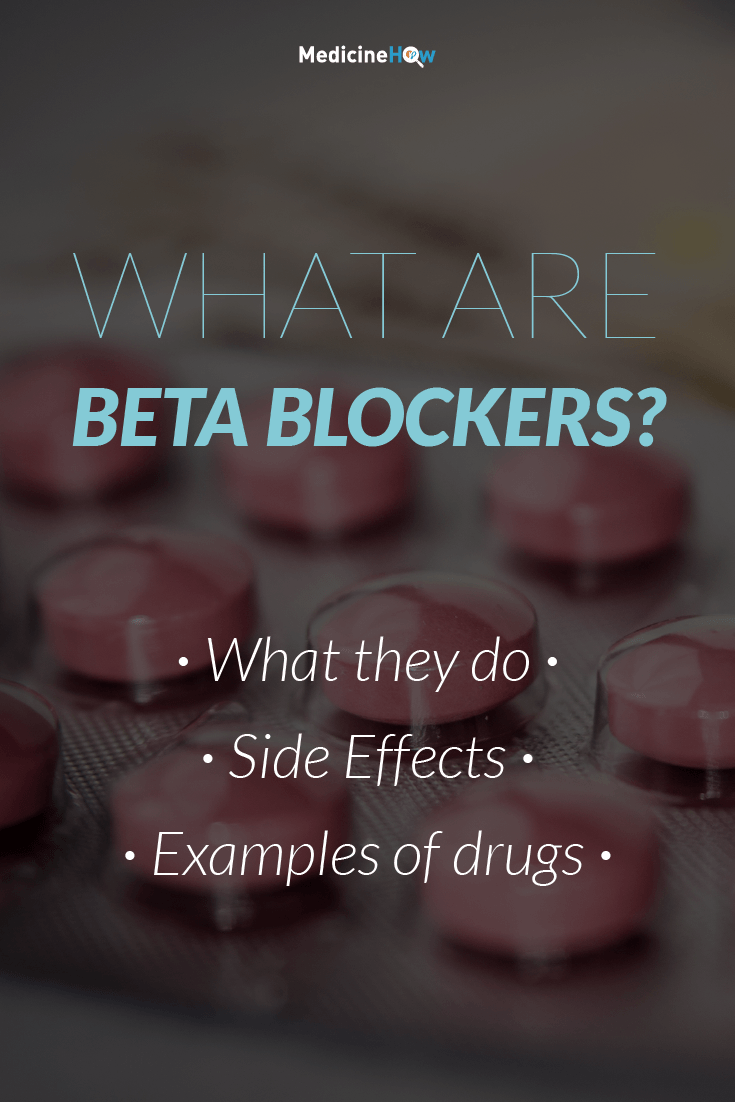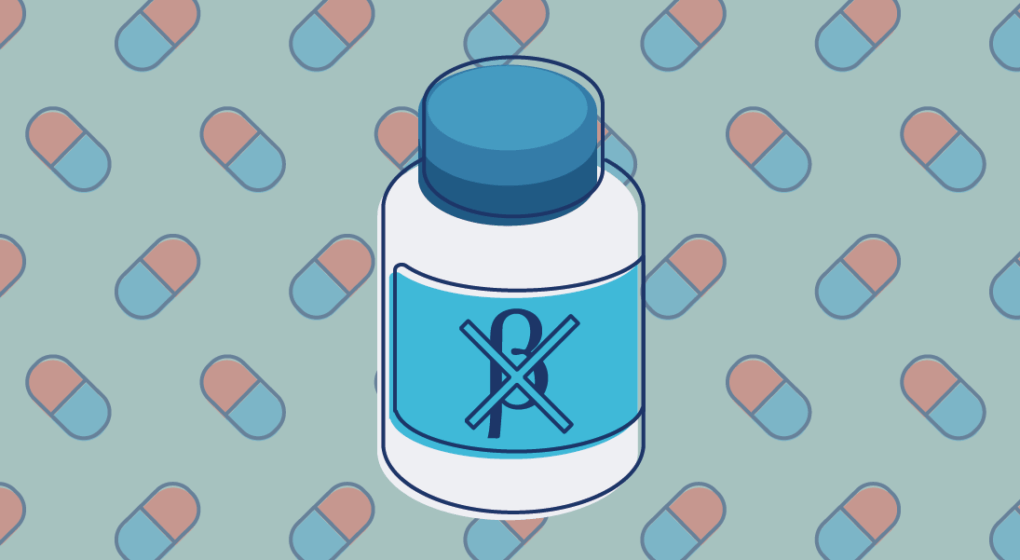
Beta blockers are a group of drugs that all work in a similar way, used to treat a range of health conditions including high blood pressure, chest pain, irregular heart beat and after a heart attack.
Beta Blocker Drugs
Before we jump right in, let’s take a look at which drugs fit into the beta blocker group. Here’s a list of beta blockers, with the generic name first and the brand name in brackets:
- Atenolol (Noten)
- Bisoprolol (Bicor)
- Carvedilol (Dilatrend, Dilasig)
- Labetalol (Presolol, Trandate)
- Metoprolol (Betaloc, Minax, Toprol)
- Nebivolol (Nebilet)
- Oxprenolol (Corbeton)
- Pindolol (Barbloc)
- Propanolol (Deralin, Inderal)
If you or a family member takes one of these medications, and you’d like to know more about just what it does, you are in the right place.
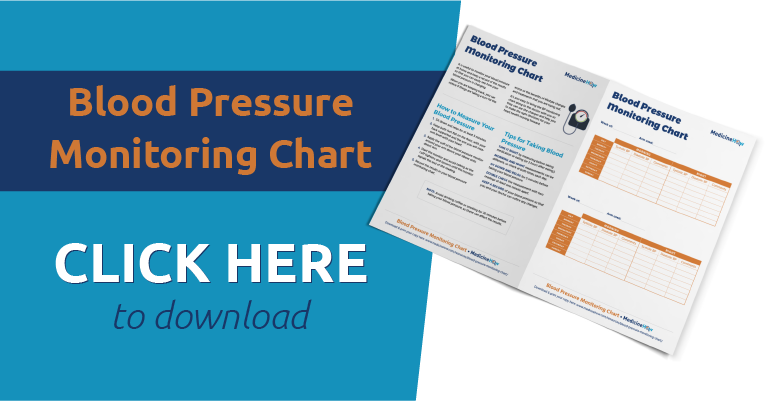
How do Beta Blockers work?
The way beta blockers work is simple. They block the beta receptors in the body.
Your body is full of different receptors and each one is designed to recognise a particular thing and respond when it is activated.
The beta-adrenoceptor is one type of receptor. It is found in various places in the body, including the heart, airways, arteries and the kidneys.
Certain hormones in the body can attach to the beta receptors to activate it, which is a normal process in your body. Each receptor is connected to a group of muscles and, when the receptor is activated, they react.
For example, when the beta receptors in the heart are activated the muscles contract and squeeze the heart together to push blood out and around the body. They are the magic behind the thing we know as a heart beat.
So what do beta blockers do? They act like faux hormones.
Beta blockers attach to the beta receptors in the body, but don’t lead to the same response as the hormone to activate the receptor. What’s more, they block the way for the real hormones to work their magic.
Taking the example of the heart once again, the muscles can’t contract as they usually do to pump blood around the body.
It doesn’t stop the heart completely, though. It just makes the heart take longer to contract and each beat is less strong. It slows the heart rate down and reduces the amount of blood pumped around the body.
We can use this to our advantage, which is exactly why we can take it as a medication for a range of health conditions.
What are Beta Blockers used for?
Now let’s take a look at how we can use the action of beta blockers to improve our health for some health conditions.
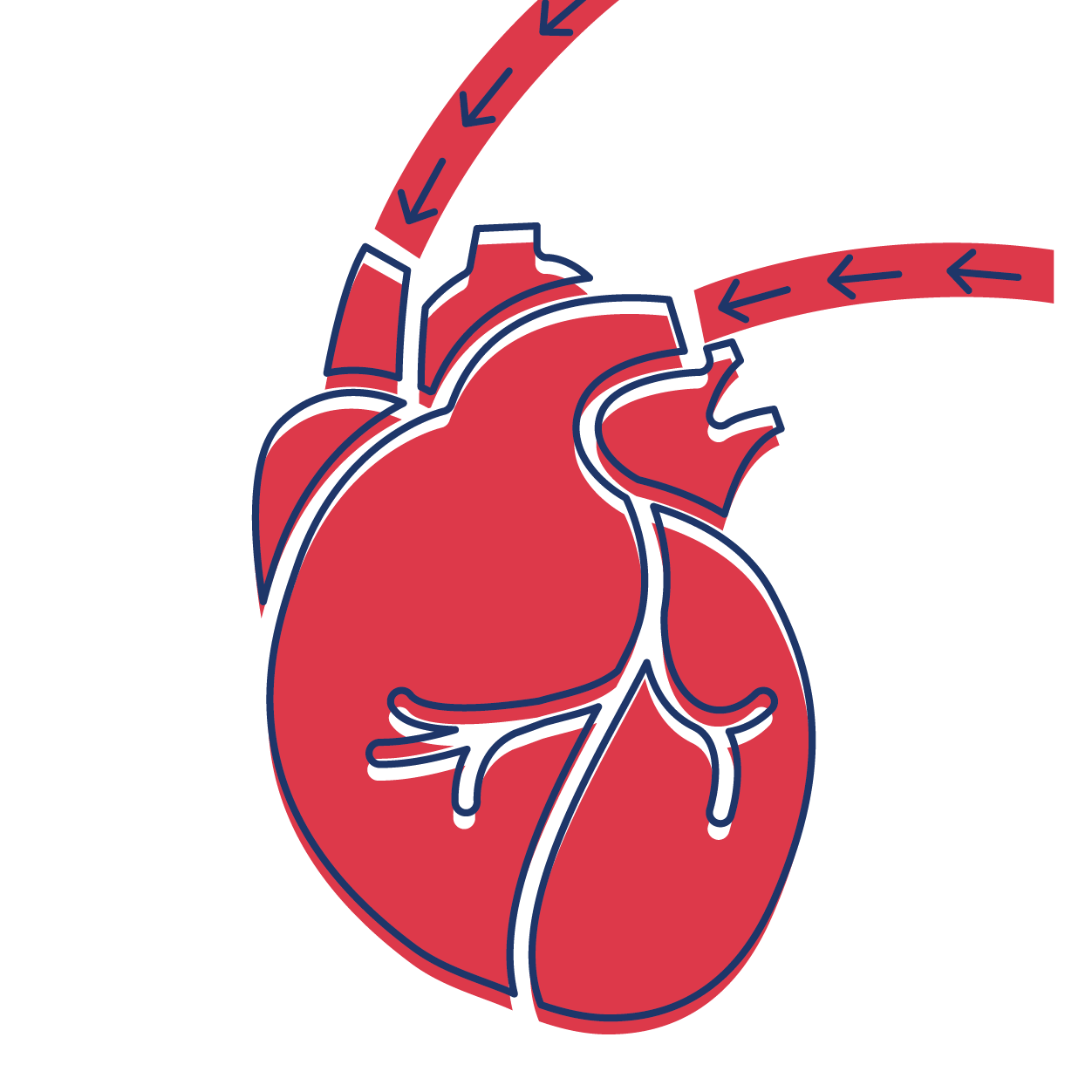 High Blood Pressure (Hypertension)
High Blood Pressure (Hypertension)
High blood pressure is dangerous because it puts too much stress on your heart and blood vessels, pushing all that blood around the body. Beta blockers help to decrease the blood pressure because they stop the heart from trying so hard – it beats less often and less hard, which decreases the blood pressure.
Chest pain (Angina)
Some people get chest pain when their heart is under pressure to push blood around the body through narrow arteries that have been blocked by plaque. Beta blockers help to decrease the amount of blood pumping through, which decreases the blood pressure and relieves the chest pain.
Irregular heartbeat (Arrhythmia)
An irregular heartbeat can be worrying, particularly when the heart goes too fast. Beta blockers don’t help to kick the heart back into a regular rhythm, but they can be used to slow the heart rate down.
Heart attack (Myocardial Infarction)
After a heart attack, it’s important not to stress out your heart too much. Beta blockers help to reduce the load on the heart and can help to prevent another heart attack.
This is just a list of the most common uses of beta blockers, but they can sometimes be used for other conditions too.
What is the difference between beta blockers?
There are a lot of beta blocker drugs in the list at the top of the page. They all work in a similar way, but that doesn’t mean they are the same.
How are they different?
B1 or B2 receptor?
There are actually two types of beta receptors in the body: B1 and B2.
The B1 receptors are mainly found in the heart. The B2 receptors are mainly found in lungs and around the body.
For different reasons, you might want to block different receptors. So you simply choose a drug that blocks that receptor.
| Drug | Beta-1 Blocker | Beta-2 Blocker |
| Atenolol | ✓ | |
| Bisoprolol | ✓ | |
| Carvedilol | ✓ | ✓ |
| Labetalol | ✓ | ✓ |
| Metoprolol | ✓ | |
| Oxprenolol | ✓ | ✓ |
| Pindolol | ✓ | ✓ |
| Propranolol | ✓ | ✓ |
| Sotalol | ✓ | ✓ |
All of the medications block the B1 receptor, but only some of them block the B2 receptor as well.
Atenolol, bisoprolol and metoprolol are actually the best choice when we want to change the way the heart pumps blood around the body. We only need to change the B1 receptors.
The drugs that block the B2 receptor as well may lead to side effects when the receptor in lungs are activated as well.
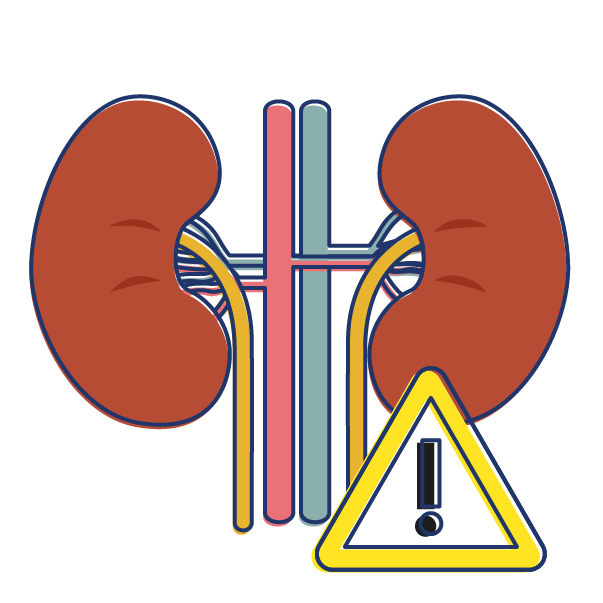 How is it disposed of?
How is it disposed of?
Another difference is how your body gets rid of the drug.
There are two main ways drugs can be excreted. They can be changed into other substances in your liver. Or they can be excreted in your urine by your kidneys.
Either way is usually fine.
But if you’ve got kidneys or a liver that doesn’t work so well, it might be better to opt for a specific drug.
| Drug | Excreted in Kidneys | Metabolised in Liver |
| Atenolol | ✓ | |
| Bisoprolol | ✓ | ✓ |
| Carvedilol | ✓ | |
| Labetalol | ✓ | |
| Metoprolol | ✓ | |
| Oxprenolol | ✓ | |
| Pindolol | ✓ | ✓ |
| Propranolol | ✓ | |
| Sotalol | ✓ |
If you have less-than-perfect liver function, or hepatic function, you’d be better off with atenolol or sotalol.
If your kidney function, or renal function, isn’t up the mark, the best options for you would be carvedilol, labetalol, metoprolol, oxprenolol or propranolol.

What are the side effects?
The side effects of a drug usually make sense when you think about how it works.
Let’s take a look at some of the main side effects and just why they happen.
Low blood pressure (hypotension)
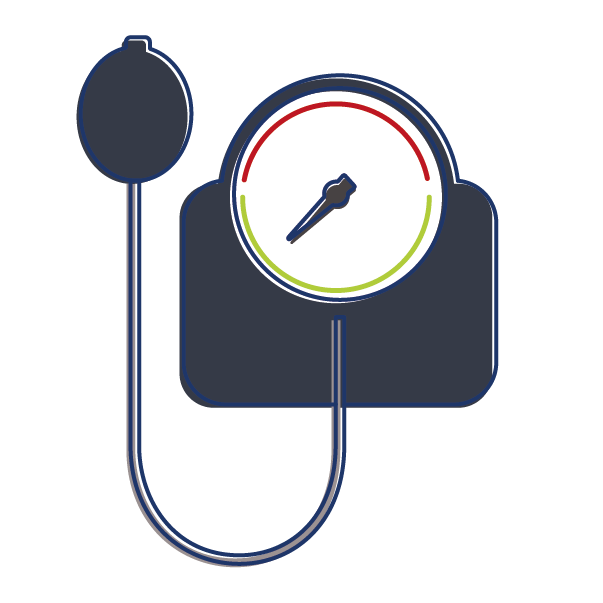 We know that beta blockers can lower blood pressure – that is exactly why we use them. Only, it can work too well so that the pressure gets dangerously low and you might start to feel light-headed and weak. This is usually just a sign that you need to take a lower dose.
We know that beta blockers can lower blood pressure – that is exactly why we use them. Only, it can work too well so that the pressure gets dangerously low and you might start to feel light-headed and weak. This is usually just a sign that you need to take a lower dose.
Slow heart rate (bradycardia):
We know that beta blockers slow the heart rate down – it’s how they work. A slow heart rate is a side effect of the medication and you might notice that it feels strange, but it’s normal and actually means the drug is working well. If it’s too slow, your doctor might need to reduce the dose.
Breathing difficulty:
This one comes down to the B2 receptors found in the lungs. B2 blockers can also affect the receptors in lungs and cause the airways to become restricted. This can be a particular problem for people who have other health conditions involving the airways, such as asthma and COPD. If you notice difficulty breathing, a B1 selective drug such as atenolol, bisoprolol or metoprolol might be a better choice.
